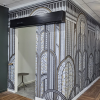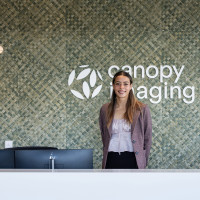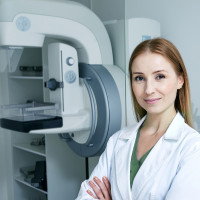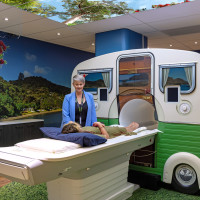A CT (Computed Tomography) scan is an advanced imaging technique which uses X-rays to produce detailed cross-sectional images of your body. CT scans show the internal organs much better than standard X-rays do. They are a common and important examination technique in modern medicine.
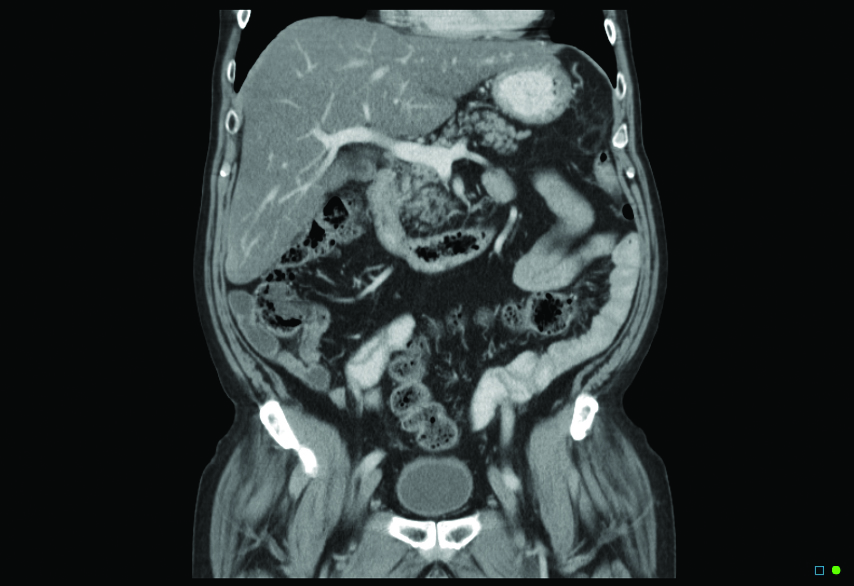
What is involved with a CT Scan?
Some CT scans require an injection of contrast medium, which shows up on the CT image and enables the Radiologist to identify areas more clearly. If you have allergies, diabetes, kidney disease or asthma, or are pregnant, please discuss this when you make your appointment and with the CT staff.
The appointment generally takes about an hour.
CT Services we offer...
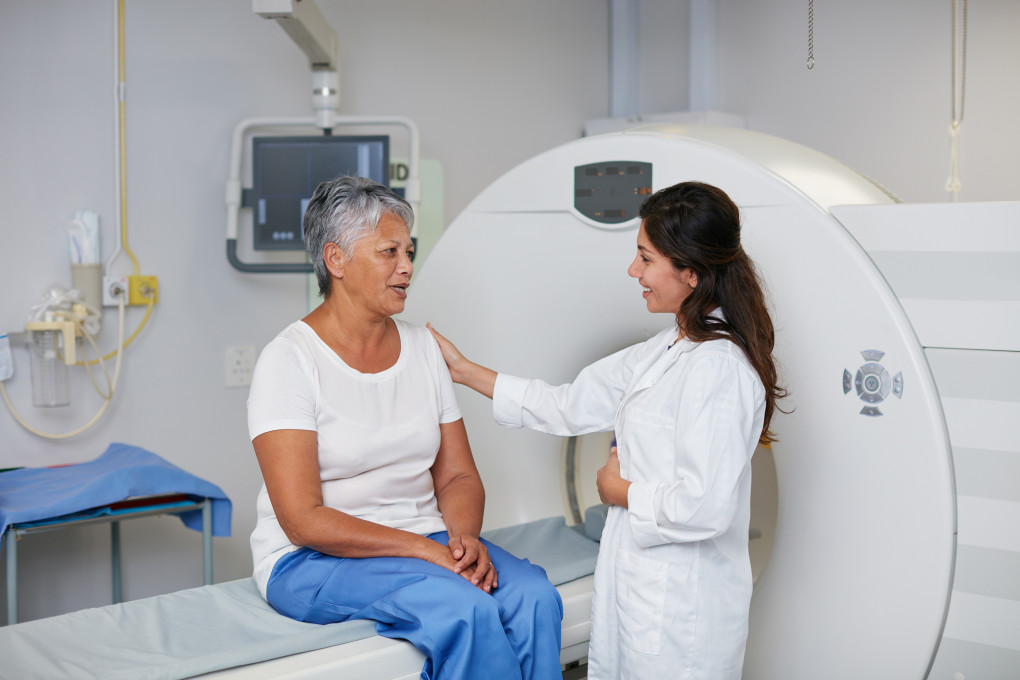
What are the risks?
To ensure the best imaging quality at the lowest radiation dose, our clinics use state-of-the-art CT machines. We use scanning techniques to achieve the diagnostic image quality at the lowest reasonably achievable radiation dose. Your doctors will only perform a CT scan when we believe that the health risk from exposure to medical radiation is outweighed by the health benefit. CT scans generate very detailed images (more so than X-ray) for your diagnosis. Conversely, some areas of the body are more sensitive to radiation exposure and the health benefit versus possible detriment will be considered by your specialist before referring you for this procedure and by our medical imaging technologists and specialist radiology doctors.
Some CT scans require us to give contrast through the arm vein. This shows up on the CT images and enables the radiologist to evaluate some medical problems better. Like all medications, there is a risk of an allergic reaction to the contrast and this will be explained to you if we need to give you contrast.
Is CT Scanning safe for everyone?
While CT scans are generally considered safe, there are some risks associated with radiation exposure. Pregnant women and young children are more sensitive to radiation and should only undergo CT scans if absolutely necessary. Patients with kidney problems or allergies to contrast dye should also inform their doctor before undergoing a CT scan.
Where can I get a CT scan done?
We have multiple locations available for CT scans throughout New Zealand;
Please select your location belowon the right to contact us
